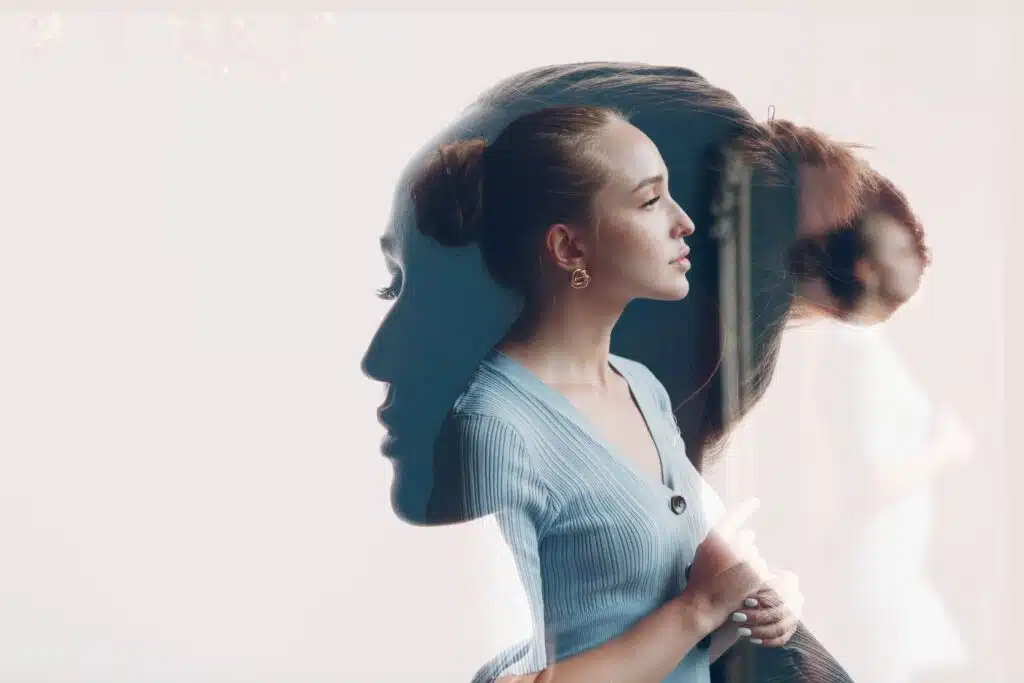Bipolar disorder and addiction are intertwined in a complex web. Though misunderstood, they create unique challenges that make it difficult for healthcare providers to diagnose. Research indicates that bipolar disorder and drug addiction exacerbate the symptoms in both directions. Considering the pervasive nature of both conditions, the individual may feel increasingly enfeebled if medical help isn’t sought.
The Journal of Clinical Psychiatry mentions that about 70% of people with bipolar experience drug and alcohol addiction. This further proves the co-existence of these conditions and the likelihood of experiencing both simultaneously. While it remains unclear what triggers the other, they reinforce each other’s impact and complicate recovery.
Cedar Oaks Wellness Center is a Cincinnati drug and alcohol rehab center that offers treatment for addiction and Bipolar Disorder.
Bipolar Disorder Explained
Bipolar disorder is a condition typified by emotional fluctuations and an inability to regulate emotions. A person with bipolar experiences depression and high manic episodes that can last for days. They first start as a depressed individual and transition to a period of high energy, accompanied by impulsive behavior. Sometimes, the affected person can show a high level of creativity that seems to last for a while, followed by a period of sadness and depression. Bipolar worsens over time if left untreated.
Bipolar can be effectively treated, but not without a thorough and supervised approach. Those who refuse treatment will experience worsened symptoms over time, which complicates the recovery process. This disorder can be challenging to diagnose without diligent evaluation because of its overlapping symptoms with other mental disorders and addiction. An individual may present signs of depression but may not demonstrate manic episodes. If you suspect having bipolar, you need to be aware of the general symptoms of mania and depression since the individual must pass through both phases. The signs include;
- Feeling highly elated
- More active than normal
- Lack of sleep
- Hypersensitivity
- Substance cravings
- Impulsive behavior
- Stuttering and talking too fast
- Racing thoughts
- Feeling like you have the power to do anything
- Feeling influential
- Increased appetite for food, sex, etc.
- Feeling anxious and then depressed
- Restlessness
- Sleeping too much or waking up too early and in a rush
- Talking slowly and finding it difficult to verbalize
- Poor concentration
- Sudden lack of interest in activities
- Feeling worthless
The Relationship Between Bipolar and Addiction
The link between bipolar disorder and alcohol addiction or drug addiction is multifaceted. Individuals with bipolar experience mood swings, from one manic episode to a depressive state. To alleviate this feeling, the individual self-medicates or turns to drugs. Not only does this worsen the feeling, but it leads to substance addiction, creating a vicious cycle.
Bipolar and substance abuse co-occur because of the temporary relief the drugs create. During mania, the individual turns to drugs to reinforce the elation. Conversely, they depend on drugs to escape pain and sadness during a depressive state. Unfortunately, the drugs only create a temporary effect. They indulge in regular intake to maintain the same impact, predisposing them to drug use issues. Without drugs, they seek temporary relief from alcohol to ease their emotional pain. None of these substances alleviate the symptoms altogether. Instead, they worsen the co-occurring disorder.
Treating Co-Occurring Disorder
Co-occurring disorders can be treated, but the dynamics of the complex duality must be understood first. This entails evaluating the individual thoroughly to avoid misdiagnoses. Only then can the correct treatment be administered.
Dual diagnosis treatment is a practical, integrated approach for bipolar and addiction. This approach comprises therapies like cognitive-behavioral therapy and dialectical therapy. They address bipolar and substance abuse simultaneously by alleviating symptoms and teaching coping techniques.
To recover from this co-occurring disorder, one must imbibe patience and commitment. The road to recovery is tedious, and setbacks may occur. However, individuals can attain long-term sobriety with a proper support system and dedication. Enrolling in Cincinnati addiction treatment programs offering the full continuum of care is essential, as aftercare support is typically provided to help the person integrate into society and live more comfortably.
Cedar Oaks Wellness Offers Co-occurring Disorder Treatment
If you or a loved one faces this challenge, seek help immediately. Remember, sobriety and recovery are attainable with the medical team and facility. At Cedar Oaks Wellness Center, we provide the support and treatment you need to overcome this complex Cincinnati dual diagnosis and live more purposefully. Our therapeutic approaches are tailored to the individual’s needs. Given the complexity of this challenge, we commit ourselves to thoroughly taking care of the individual and providing them with the resources to ensure recovery.


